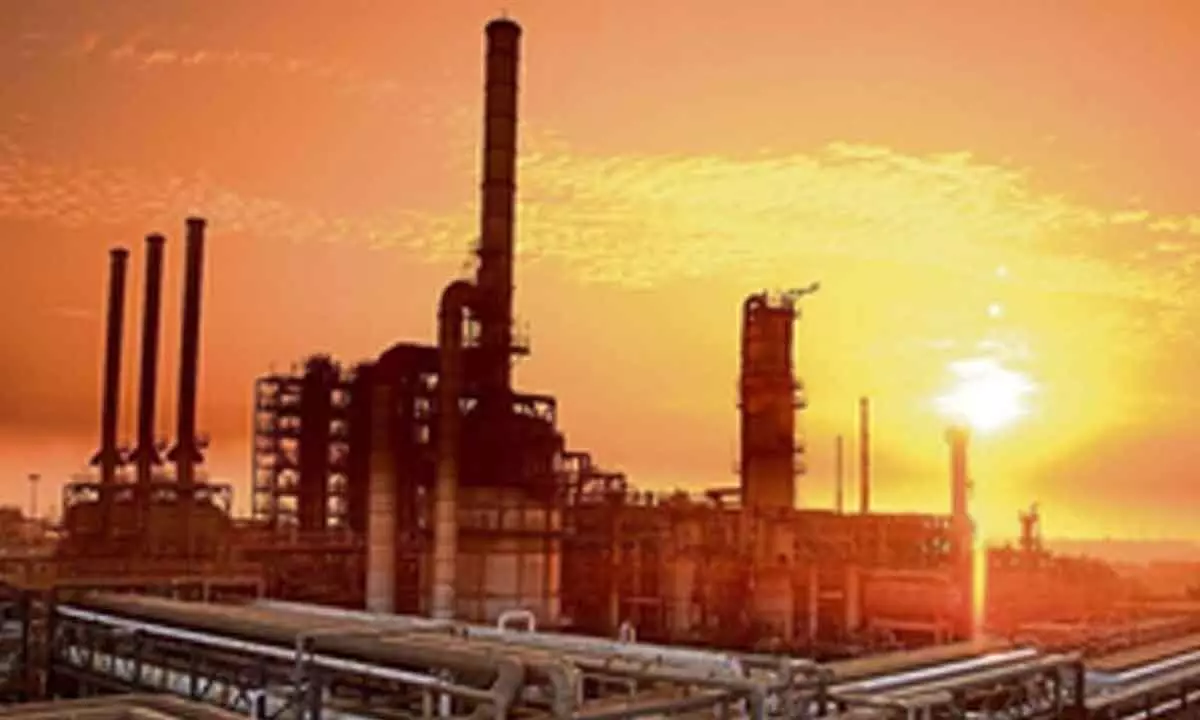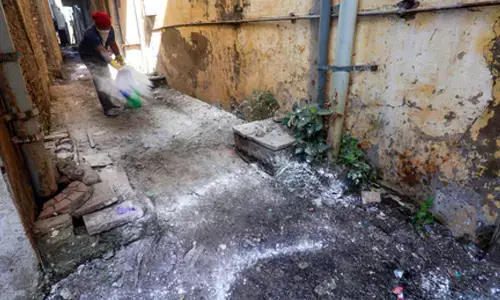Turkish experts say Mideast crisis fuels market turbulence
Share :

Amid escalating fears from the ongoing Middle East crisis, markets across the region, including Turkey, and beyond, face severe turbulence as uncertainty takes hold.
Istanbul: Amid escalating fears from the ongoing Middle East crisis, markets across the region, including Turkey, and beyond, face severe turbulence as uncertainty takes hold.
Experts here said that in developing and fragile economies, high exchange rates, rising gold prices, inflation, and decreasing demand have led to a noticeable decline in production and employment figures.
Resat Yilmaz, an experienced professional in the gold industry at Istanbul's Grand Bazaar, told Xinhua that the Middle East crisis is significantly affecting regional markets, bringing about notable impacts including the recent depreciation of the Turkish lira against the US dollar and historic highs in gold prices.
The lira has depreciated over 15 per cent against the dollar since January and nearly 3 per cent since the start of August. Gold prices surged to a historic high of over $ 82 per gram, fueled by the ongoing turbulence in the Middle East, Xinhua news agency reported.
Yilmaz emphasised that the situation is crucial due to its substantial market impact, voicing a growing expectation of further escalation in tensions.
The Istanbul Chamber of Industry reported a continued decline in manufacturing activity for the fifth consecutive month in July, with a significant drop in new orders and reduced employment.
The report highlighted a sharp drop in new orders, the steepest in 20 months, along with reduced employment and staff shortages impacting production.
A pessimistic outlook is hovering among manufacturers for the coming months, said Merve Yigitcan, a columnist for ekonomim.com, a Turkish digital media platform for economic news and analysis, in her Wednesday article.
She noted that reduced domestic demand and ongoing global financing issues have significantly affected the industrial sector in the region.
Murat Tufan, an analyst with Turkish broadcaster Ekoturk, told Xinhua on Thursday that the crisis has also driven up defence sector shares and arms sales, leading to increased public expenditure, higher debts, inflation, and growing income inequality.
"This increase in military and public spending in the regional countries has resulted in higher public debts, rising inflation, and growing income inequality, exacerbating the global disparity between the wealthy and the poor," he said.
According to Tufan, as the Middle East crisis continues, one of the major concerns for global markets is the potential impact on oil prices.
"Given the ongoing conflict, all eyes are naturally on oil prices, as several influential countries in the region -- such as Libya, Lebanon, Iraq, and Iran -- have the potential to significantly impact oil supply," he said.
Tufan noted that even the smallest negative development in the crisis could cause a rise in oil prices and increase the likelihood of markets worsening.













